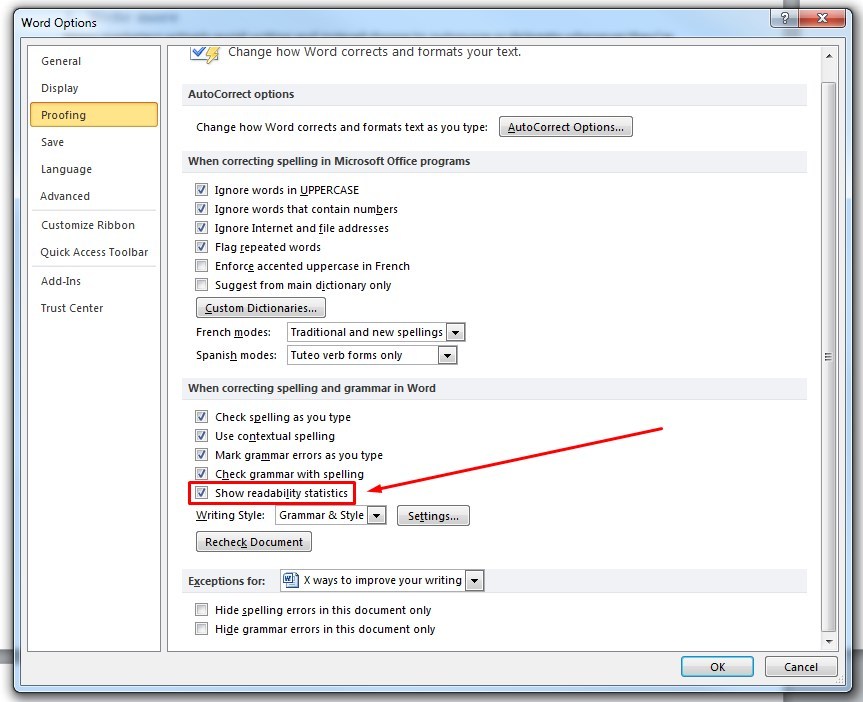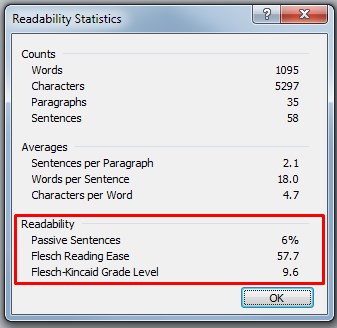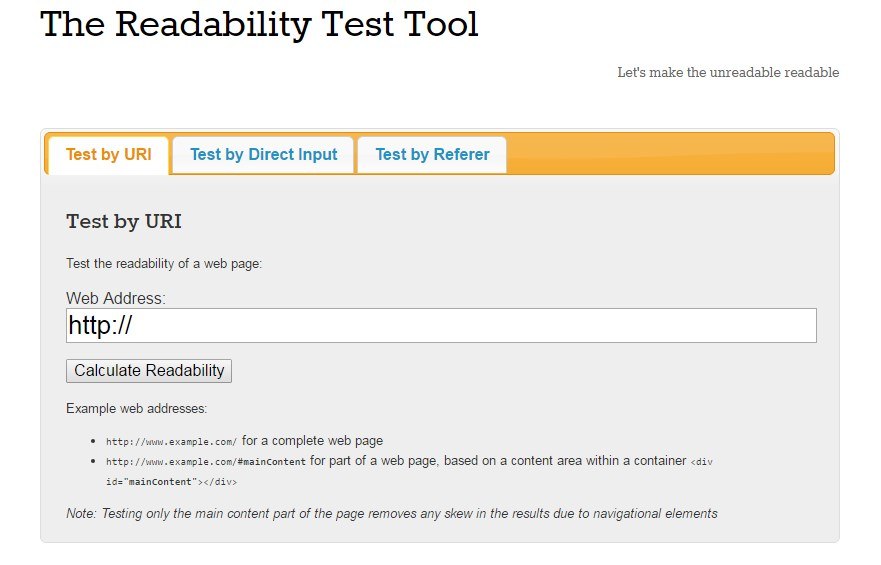-
 6 min. read
6 min. read
-
 Ryan Maake
Ryan Maake Lead Marketing Consultant
Lead Marketing Consultant
- Ryan is a Lead Marketing Consultant at WebFX. Follow him on Twitter @rmaake107! @rmaake107
Strong writing skills are invaluable. I can’t think of a single professional circumstance where they aren’t beneficial.
Even so, writing is especially important to marketers. Whether you’re creating ad copy, website content, white papers, or guides, you won’t get very far as a marketer without solid writing skills.
Unfortunately, many marketers tend to ignore this simple truth.
Even worse, they don’t understand that writing is a skill you can improve, just like anything else.
There’s always been a notion that there are good writers and bad writers, with no recourse available to those in the latter category.
Thankfully, that’s not true. In this post, you’ll find a list of methods anyone can use to improve their writing and become a better marketer.
1. Write more
Many marketers actively avoid writing. Instead, they outsource or delegate whenever they’re faced with the mere prospect of putting pen to paper (or fingers to keyboard).
There’s obviously nothing wrong with outsourcing and delegating, but it’s an issue when you’re uncomfortable with even the most basic writing tasks. If you do want to improve your writing, stop avoiding it.
Writing is just like any other skill, and you won’t see improvement if you’re not exercising it in the first place.
So the next time you need a few paragraphs added to a piece of content, hold off on passing it straight along to the English major intern.
Take an hour, give it a shot, and ask for edits instead (more on editing shortly).
Alternatively, some people do better with a more structured approach: Set a goal to write a certain number of words/week, and make yourself write. This works well because it allows for some flexibility.
If you REALLY don’t feel like writing one day, just double up when the mood does strike. Setting a “words per week” quota is a strategy often used by novel writers, as it forces you to take action and make progress.
2. Always ask for feedback
We are inherently bad at judging our own work.
It might stem from a refusal to acknowledge flaws and weak points, or maybe it’s just because our writing habits are so ingrained in our heads that we simply can’t identify issues without help.
No matter the reason, actively seeking feedback and edits on whatever you’re writing is one of the quickest ways to improve as a writer.
Even if we can’t identify the areas that need improvement on our own, it’s easy to address them once they’ve been pointed out by an editor. Personally, I’ve always had issues with excessive comma usage and too much passive voice.
I only managed to break those habits when a friend explicitly told me, “you use passive voice too much, and you need to turn 50% of your commas into periods.” Now, I consciously avoid both habits. My first drafts still sometimes have passive voice and commas galore, but I can identify and fix 90% of those occurrences during an initial self-edit.
When you ask someone to edit your work, it’s important to request that they pay attention to patterns of poor writing.
Many editors will go through content and mark up each instance of a bad writing habit separately, without pointing it out as part of a recurring pattern.
As a result, that specific piece of content may turn out well enough, but there’s no long-term improvement.
It’s more of a “treat the symptoms instead of addressing the root cause” approach to editing. In other words, you will see continued improvement in your writing by identifying and actively minimizing whatever your own bad habits and patterns may be.
3. Be mindful of readability
“Good” writing doesn’t necessarily mean flawless grammar, a fancy vocabulary, and academic phrasing. In fact, most highly successful marketing campaigns purposefully subvert all three of those principles. At its core, good writing is writing that your audience can connect to.
They have to be able to understand it, and it should have a fairly conversational tone.
One of the most foolproof practices to ensure proper readability is reading your work out loud. This is one of the few exceptions to the “we can’t judge our own work” rule of thumb.
If you read your content out loud, you’ll immediately pick up on any awkward phrasing, poor sentence construction, and improper tone.
Reading out loud works because good writing is nearly always conversational in nature. People like writing that is informal, succinct, and digestible at a glance.
A common public speaking adage is: “Be brief, be brilliant, be gone.” This advice is just as applicable to writing, if not more so.
What you write about doesn’t matter even half as much as how you write it.
Tools to measure your readability
Reading your work out loud is an excellent start, but there are also tools out there that measure the readability of your writing more quantitatively.
Microsoft Word has this functionality built into its grammar and spellchecker. Just enable the following option by going to File > Options > Proofing:

The next time you run a spelling/grammar check, you’ll see these new statistics pop up as well:

There are a number of formulas out there to calculate a text’s readability. The most common is the Flesch Kincaid test, which assigns a “grade level” readability score to whatever content you’re measuring.
As you can see in the above screenshot, Word tells me that this post is written at roughly a 9/10th grade level.
An alternative (and a shameless self-plug) is to use the WebFX readability tester. You can copy and paste chunks of text into our tool, or simply point it at a live webpage to analyze:

The average American reads at a 7-8th grade level, so you can use these tools to make sure your writing stays in a similar range (or adjust accordingly, based on your audience).
4. Be patient
Your writing skills probably won’t drastically improve overnight. Keep at it for a few weeks, though, and you’ll be surprised by how quickly you become more comfortable with writing-related tasks.
At the risk of sounding presumptuous, I don’t think there’s enough emphasis on “good” writing in 2024. I’m not claiming my own writing to be anything spectacular, and I’m not saying yours needs to be, either.
But, if you take some time to elevate your own writing from “barely passable” to clean, functional, and succinct, you will have a big leg up on many other marketers.
In the end, improving your writing makes you a better marketer and more of a well-rounded professional in general.
-
 Ryan is a Lead Marketing Consultant at WebFX. Follow him on Twitter @rmaake107!@rmaake107
Ryan is a Lead Marketing Consultant at WebFX. Follow him on Twitter @rmaake107!@rmaake107 -

WebFX is a full-service marketing agency with 1,100+ client reviews and a 4.9-star rating on Clutch! Find out how our expert team and revenue-accelerating tech can drive results for you! Learn more
Try our free Marketing Calculator
Craft a tailored online marketing strategy! Utilize our free Internet marketing calculator for a custom plan based on your location, reach, timeframe, and budget.
Plan Your Marketing Budget

Maximize Your Marketing ROI
Claim your free eBook packed with proven strategies to boost your marketing efforts.
Get the GuideTry our free Marketing Calculator
Craft a tailored online marketing strategy! Utilize our free Internet marketing calculator for a custom plan based on your location, reach, timeframe, and budget.
Plan Your Marketing Budget





